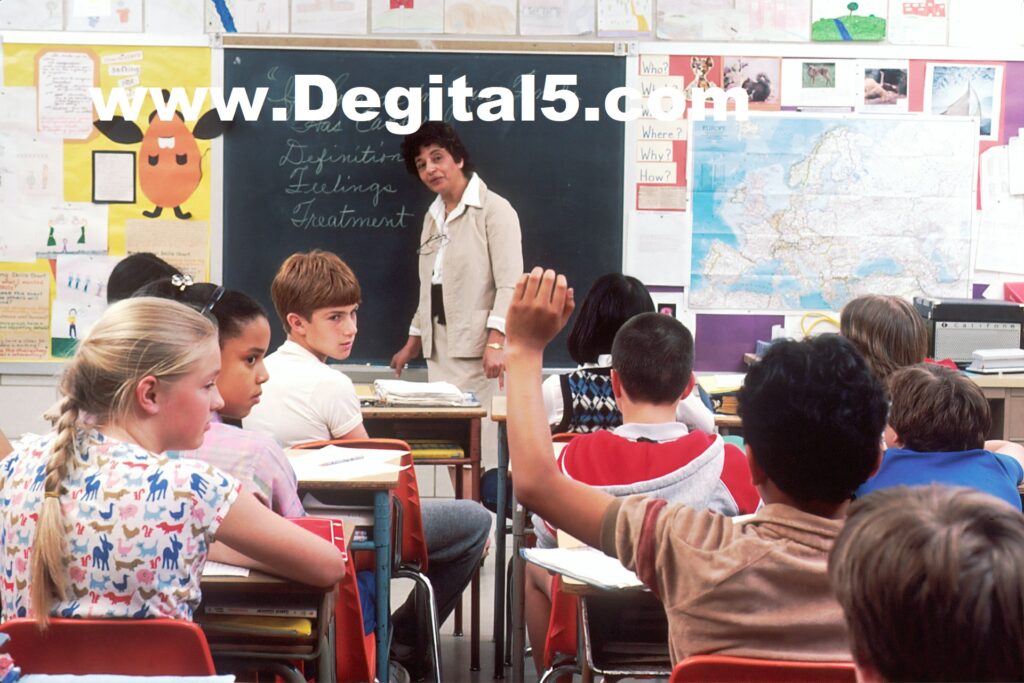Unlocking Digital Citizenship: Teaching Students Responsible Online Behavior

Unlocking Digital Citizenship: Teaching Students Responsible Online Behavior
Over the last two decades, kids of all ages have gotten more internet-savvy. In 2022, 97% of UK children aged 5-17 went online at home or school, with 87% of 3-4-year-olds doing so, according to an Ofcom data from March.
With sensitive minds at risk and technology’s apparently endless learning potential, parents and educators must guarantee safe online interactions at home and in the classroom.
There are approximately 2 billion active pages on the internet, and with extensive access across age groups via desktops, laptops, and smart devices, one visit to a rogue page might permanently injure a young learner. Despite its many educational advantages, the internet is a dangerous place, particularly for those unprepared or without the right tools.
Since this generation of students is at the forefront of education technology usage, digital citizenship has never been more important to teach youngsters understand the hazards and implications of online activities.
What’s digital citizenship?
Digital citizenship includes a variety of skills and ideas that help people, especially youngsters, use the internet properly. This may include digital literacy, internet safety, and universal ethics.
Digital literacy helps students utilize internet tools, analyze information critically, comprehend privacy settings, and traverse digital platforms. Digital literacy includes knowing how to perform internet research, evaluate sources, and distinguish reputable from incorrect information, as well as safeguarding personal information. This includes using secure passwords, safe surfing, and being aware of phishing and malware hazards online.
Student digital citizenship education strategies
Digital citizenship in the curriculum ensures children get regular and systematic online safety instruction. Teachers may engage students in safe technology usage conversations and activities by incorporating digital citizenship teachings into English and IT.
Successful digital citizenship programs
Several successful efforts have promoted digital citizenship at home and in schools and raised awareness of the consequences of reckless online behavior.
Common Sense Media’s Online Citizenship Curriculum is a comprehensive, age-appropriate resource for instructors and students. The curriculum addresses internet privacy, electronic footprints, cyberbullying, media balance, and communication. Its lesson plans, videos, interactive exercises, and evaluation tools engage students and foster significant online interaction debates. Using this curriculum, schools may incorporate digital citizenship into their teaching.




